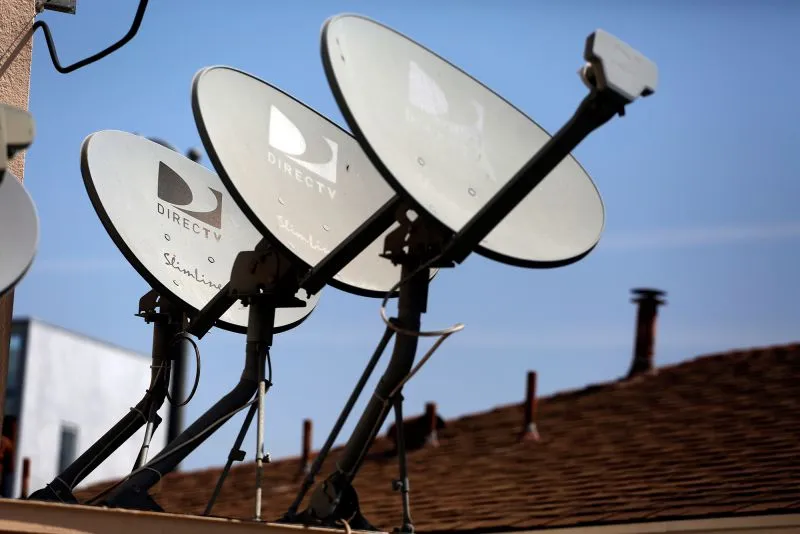DirecTV and Dish Network Merger: Implications for the Streaming Landscape

DirecTV Sets a New Precedent in the Streaming Industry
DirecTV announced Monday it is acquiring rival Dish Network for just $1, a historic decision that ends years of speculation surrounding a potential merger. As both companies face significant subscriber losses to powerful streaming platforms such as Netflix and Hulu, they are banking on their combined strength to revitalize their presence in the competitive video landscape.
The Merger’s Business Rationale
This merger signifies a strategic move to merge resources and address the financial strains both companies are experiencing. iDirecTV will assume Dish’s existing debt, which is in the billions, thus following a crucial path to cut costs while offering a broader service portfolio to consumers.
- 20 million subscribers post-merger means a formidable competitor to streaming platforms.
- Lower subscription costs could attract former subscribers back into the fold.
- The new service will have increased leverage against industry giants.
Historical Context and Industry Response
The discussions between DirecTV and Dish have fluctuated over the years, with previous attempts at merger blocked by regulatory concerns. However, as the tech landscape shifts and broadband offerings expand, the merger’s competitive implications become less alarming. The response from investors was immediate, evidenced by a near 3% jump in stocks during premarket trading following the announcement.
This breaking story will continue to evolve, so stay tuned for updates as more information becomes available.
This article was prepared using information from open sources in accordance with the principles of Ethical Policy. The editorial team is not responsible for absolute accuracy, as it relies on data from the sources referenced.